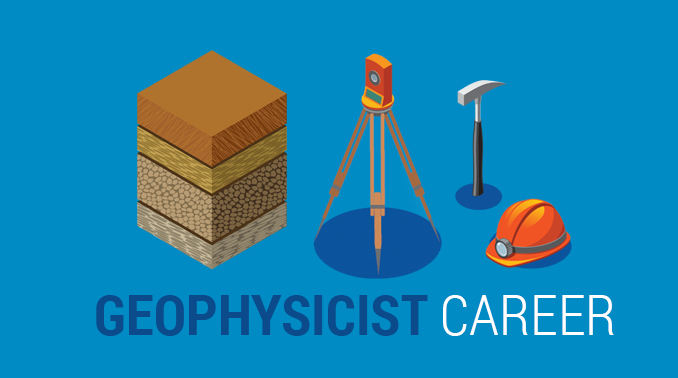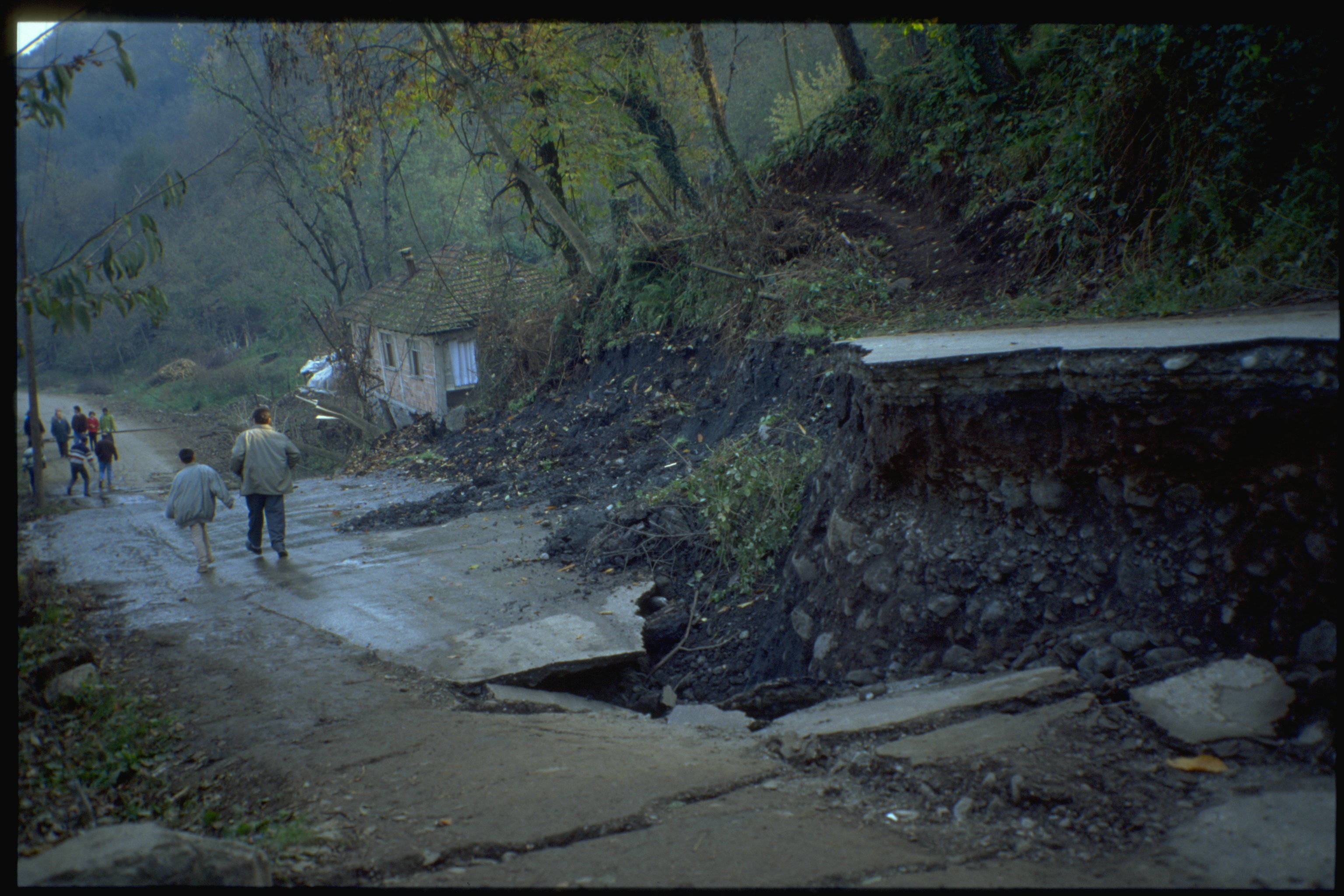All Categories
Featured
Table of Contents
Careers in Dianella Australia 2020
This work is progressively contracted out, so consultancies provide another source of employment. Consultancy companies differ in size, from extremely small business to big multinationals. Some consultancies are rather specialised in utilizing specific geophysical methods or working in particular places, while others use a more diverse variety of services to their clients.
The extraction of gas from landfill websites is another area of employment and this might grow in the future. Exploration companies may undertake work for building companies, water business, mining business and environmental firms, so geophysicists might be employed in any of these settings. Other employers include: geological surveysgovernment bodies and agenciesuniversities and research study institutes.


Vacancies may be listed in the oil and gas sector press. Recruitment is impacted by oil cost variations and the level of competition for positions differs depending on this. Professions Days, which cover the complete series of geoscience careers and are typically participated in by a variety of key industry employers, are run by The Geological Society.
Introducing Geophysical Surveying in Mundaring WA 2023
A few of the large oil and gas companies offer a complete two-year structured training programme throughout the breadth of geophysics, including the chance to experience operate in different teams prior to specialising in one location. Your training might consist of work on: existing wellsmagnetic and gravitational possible field information analysisresearchrock analysis. Nevertheless, it's more normal for your preliminary training to be offered on the job.

There may be a probationary period during which you work alongside an experienced coworker. Competency-based appraisals happen frequently in many companies. In smaller companies, and for scholastic posts, there is unlikely to be any official training - you'll be expected to begin work straightaway and pick up skills as you go along.
If you work for a smaller company, you may discover that you require to take obligation for arranging and moneying your own advancement and training. If you have a geology degree, subscription of The Geological Society can be helpful for networking and for maintaining to date with the industry.
Geophysicist Education in Osborne Park Western Australia 2023
You might likewise find it beneficial to join the PESGB (The Petroleum Exploration Society of Great Britain, which has a geophysics unique interest group. After a probationary duration, and once you've acquired some experience, you could progress to senior geophysicist, then team leader and after that into a senior function in management.
The ease of movement between functions depends on the company structure. Research study at Masters or Ph, D level in a subject related to geophysics or geosciences might aid with your career development and development. The employment market within the oil and gas industry is extremely reliant on rate and this may impact your opportunities for profession development.
For skilled geophysicists, freelance consultancy offers a great path for profession development. As a geophysicist, you're likely to have several jobs throughout your working life.
How To Become A Geologist Or Geophysicist in Jolimont Aus 2022
From geophysics, it's possible to concentrate on seismology (finishing additional training to become a seismic interpreter) or to move into related locations such as engineering geology or risk prediction.
Deciding what to study in college is a difficult option. Even if you know that your field of interest lies in science, what program of study is best for you? If you make the decision to major in physical and biological sciences and pursue a profession as a geophysicist, you're preparing for an exciting and lucrative profession.
The very first step to attaining your objective of becoming a geophysicist is making a degree. Even for entry-level positions in the field of geoscience, you'll need a bachelor's degree (a geophysicist college degree) from a certified college or university. Geophysicists need to be able to: analyze rocks, photographs, and other pieces of information carry out research both in the field and in laboratories develop maps and charts of their findings write reports To achieve all this, students require a specialized education for geophysicist professions.
As stated above, you'll need a bachelor's degree in geoscience or a related discipline, such as a physical science or a natural science, to land an entry-level job. Trainees can also prepare by majoring in subjects like: Biology Chemistry Computer science Engineering Mathematics Physics The above geophysicist majors provide a more generalized technique to a single clinical discipline, but most programs require students to take one or more geology course.
Table of Contents
Latest Posts
Airborne Geophysical Survey in Hocking Aus 2023
Geophysical Survey Services - Geophysical Test Methods in Karrinyup Australia 2020
Geophysicist: Job Description, Duties And Requirements in The Vines Aus 2020
More
Latest Posts
Airborne Geophysical Survey in Hocking Aus 2023
Geophysical Survey Services - Geophysical Test Methods in Karrinyup Australia 2020
Geophysicist: Job Description, Duties And Requirements in The Vines Aus 2020